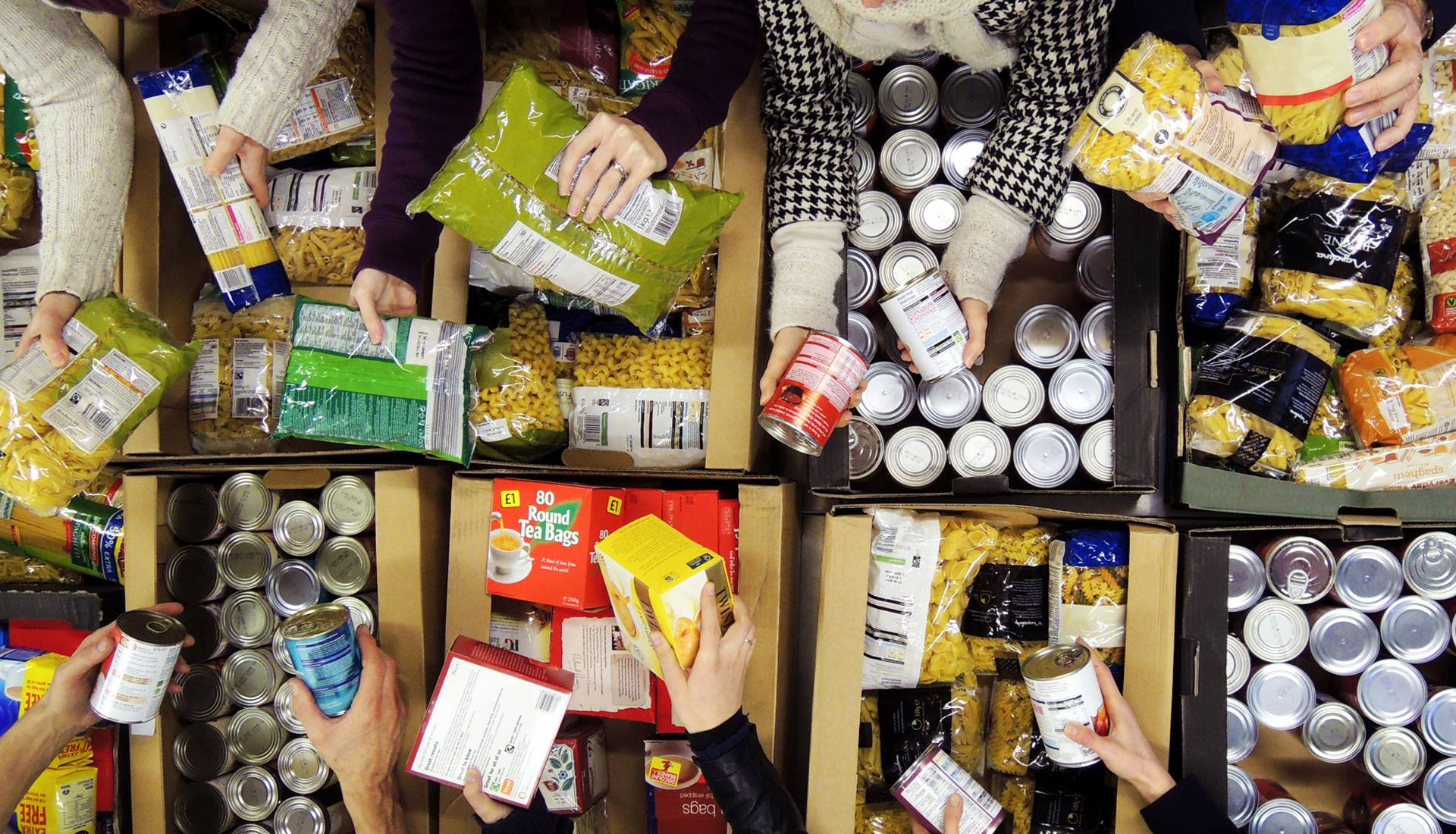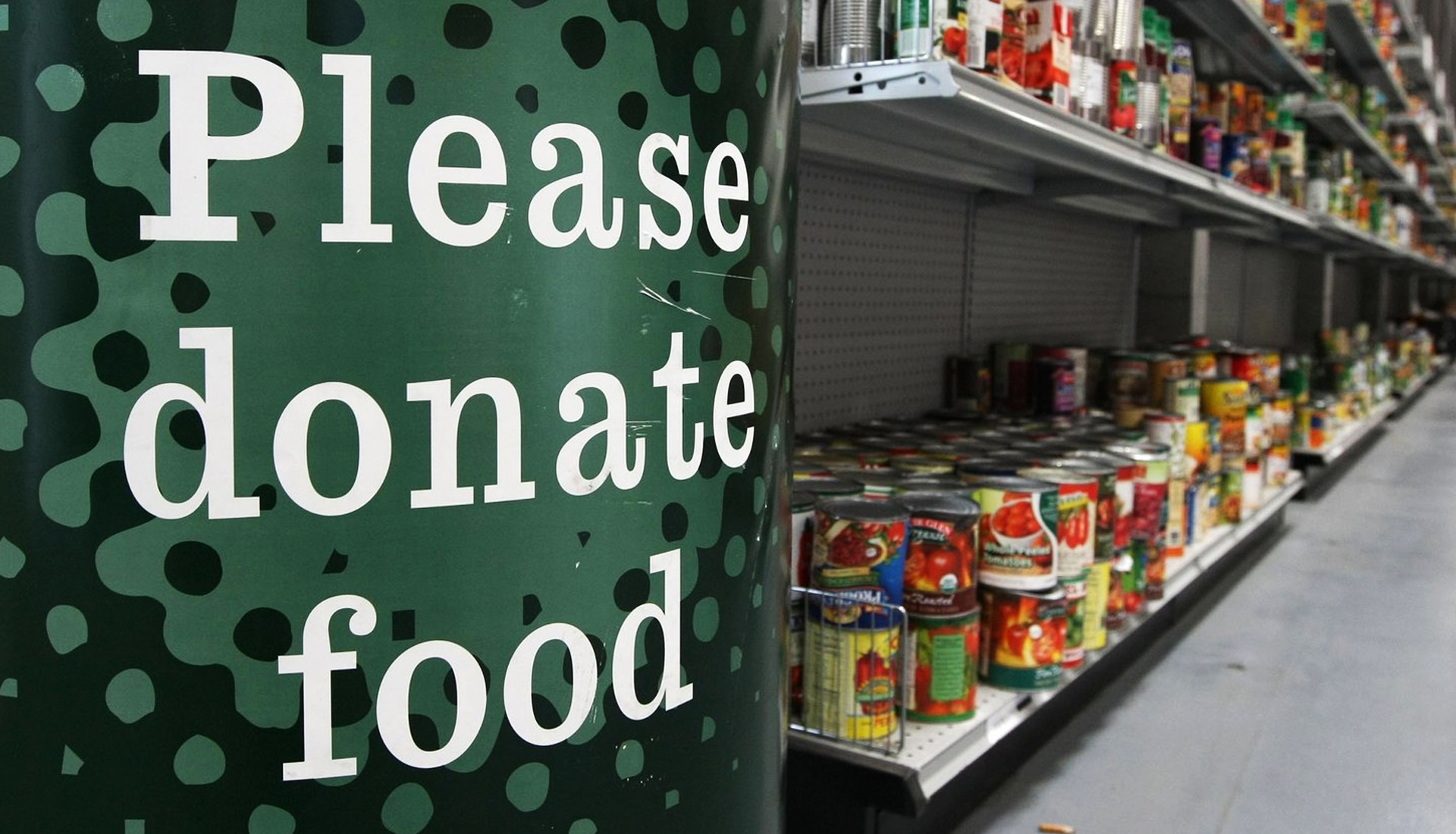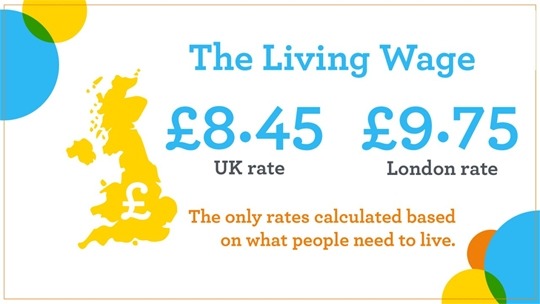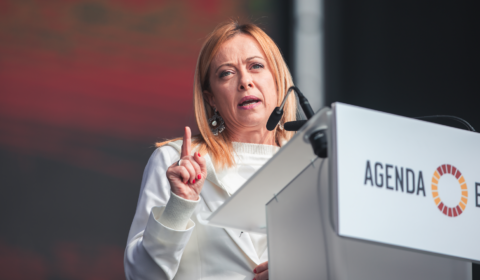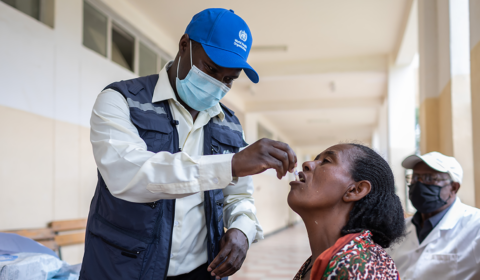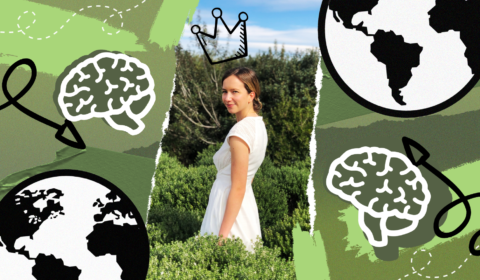The bifurcation of the way we talk about poverty has broadened conversation on the issue in unprecedented ways, but we shouldn’t let it distract us from tackling the root issues of inequality.
Lately we’ve been using our platform to join in on a discussion about an issue we feel passionately about: period poverty. I’m not here to preach on about it now, you can read about it here, but essentially it refers to the inability for many women struggling financially to afford sanitary products, and the fight to have these products more readily available through austerity measures.
Period poverty is phrase that was first used in the last decade to demarcate an issue that had existed ever since women have had periods and people have been poor. So, basically forever. But before, the inability to afford sanitary products, whilst not necessarily understated as an issue, was simply lumped under the umbrella of ‘general poverty’.
Poverty, and inequality, was certainly something that most people were aware of in the past, and cared about. But as a singular phrase it encompassed so many people from so many walks of life that to even contemplate its alleviation seemed pointless. What can one person do in the face of the entire concept of resource scarcity?
A fracturing of this enormity was probably, then, a good move by charitable organisations. It allowed contributors to divvy up their compassion (and their donations) into bite-sized pieces. No single non-profit or charity has the power to help everyone, and it makes sense for individuals to focus on areas they feel strongly about.
That’s how we’ve ended up with organisations that focus on alleviating period poverty, clothing poverty, bed poverty, pet poverty, and funeral poverty. These terms are being increasingly normalised to shed light on aspects of the human experience those in privilege take for granted but can, in some more or less abstract ways, still be seen as human rights. The cost of comfort is thought about most often when comfort is unattainable, and campaigns that encourage us to donate money to provide specific products or services to struggling individuals aim to take the pressure off in these specific areas of necessity.
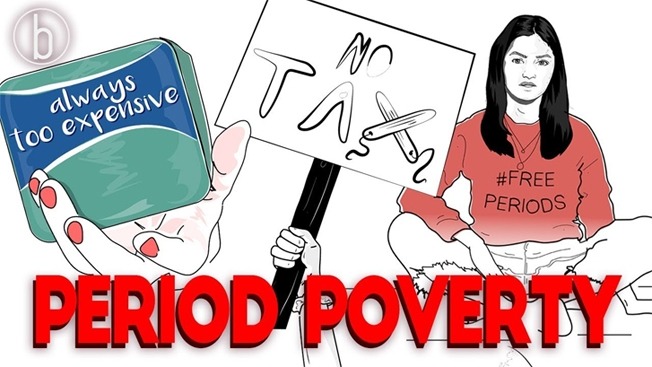

These campaigns have been a resounding success. Campaigns to raise awareness regarding funeral poverty have allowed countless ceremonies to be conducted and have provided headstones to thousands of grieving families. They’ve also made changes to the FEP that have extended the aid claim window for families of the recently deceased from three to six months. Moreover, Nadya Okamoto’s PERIOD.org, a US non-profit working to alleviate period poverty, has helped women with 853,702 individual periods.
This is all incredible work which we can and should support. Awareness of problems people face whilst living in poverty has been catapulted from general sympathy to more acute realisations of the costs of living in 21st century society for many, in part thanks to these organisations and campaigns.









